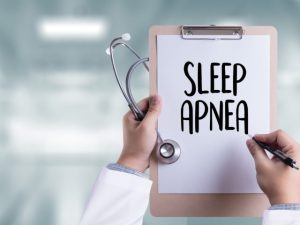Why good sleep is important
Why do I need a sleep medicine evaluation? Any person with evidence of daytime sleepiness should be evaluated for the quantity of quality sleep. Daytime alertness is a result of adequate quality sleep.
Not every patient who has a sleep medicine evaluation needs a sleep study, but if sleep difficulty persists, it is best to get a detailed study to find out what is causing the problems. The most common disorder is insomnia. This generally may be categorized as either the inability to fall asleep or stay asleep. There are many reasons for either or both.
Restless Leg Syndrome
One of the conditions that may be associated with the inability to fall asleep or stay asleep is “Restless Leg Syndrome”. Diagnostic criteria for restless legs include:
- An uncomfortable sensation generally in the legs.
- This discomfort occurs only at rest.
- One has the urge to stretch or walk.
- In fact, stretching or walking relieves this discomfort while the stretching or walking is occurring.
RLS may be primary (not associated with any other condition) or secondary to other conditions. Once diagnosed, treatment usually results in a dramatic improvement in the quality and quantity of sleep and therefore daytime alertness.
Obstructive Sleep Apnea
A more serious disorder frequently mentioned is the “Obstructive Sleep Apnea Syndrome”. Snoring is a well-known symptom of OSA. Not all snoring is associated with OSA, just as not all chest pain is associated with heart disease. If you snore loudly, however, and are observed to have breathing cessations, OSA could be an issue. OSA can contribute to high blood pressure, heart attack, stroke and difficulty controlling blood sugar. So OSA is a MEDICAL problem and not just a social annoyance (i.e. your bed partner complaining about your snoring).
We will be available to help determine if you have a significant sleep disorder. For an appointment contact us at (636) 936-0200


